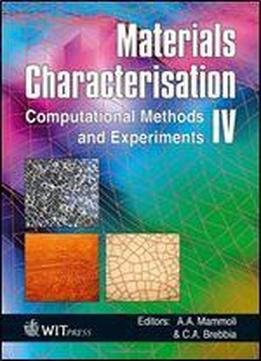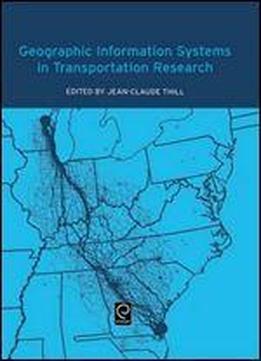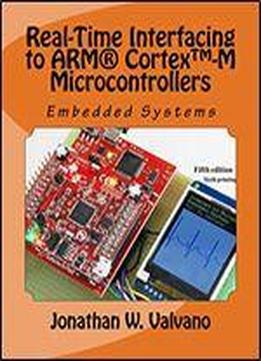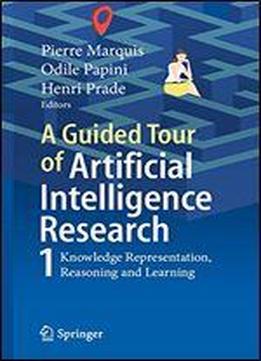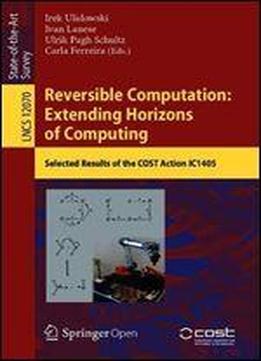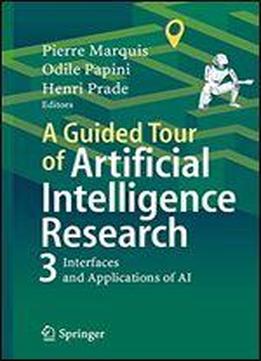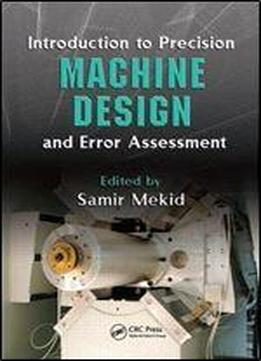
Introduction To Precision Machine Design And Error Assessment
Tags:
Samir Mekid
While ultra-precision machines are now achieving sub-nanometer accuracy, unique challenges continue to arise due to their tight specifications. Written to meet the growing needs of mechanical engineers and other professionals to understand these specialized design process issues, Introduction to Precision Machine Design and Error Assessment places a particular focus on the errors associated with precision design, machine diagnostics, error modeling, and error compensation. [b] Error Assessment and Control[/b] The book begins with a brief overview of precision engineering and applications before introducing error measurements and offering an example of a numerical-controlled machine error assessment. The contributors discuss thermal error sources and transfer, modeling and simulation, compensation, and machine tool diagnostics, and then examine the principles and strategies involved in designing standard-size precision machines. Later chapters consider parallel kinematic machines, the precision control techniques covering linear systems and nonlinear aspects, and various types of drives, actuators, and sensors required for machines. Case studies and numerous diagrams and tables are provided throughout the book to clarify material. [b]A Window Into the Future of High-Precision Manufacturing[/b] Achieving ultra-high precision in the manufacture of extremely small devices opens up prospects in several diverse and futuristic fields, while at the same time greatly increases our living standards by offering quality and reliability for conventional products and those on the microscale. With contributions by a team of international experts, this work serves as a comprehensive and authoritative reference for professionals aiming to stay abreast of this developing area.

